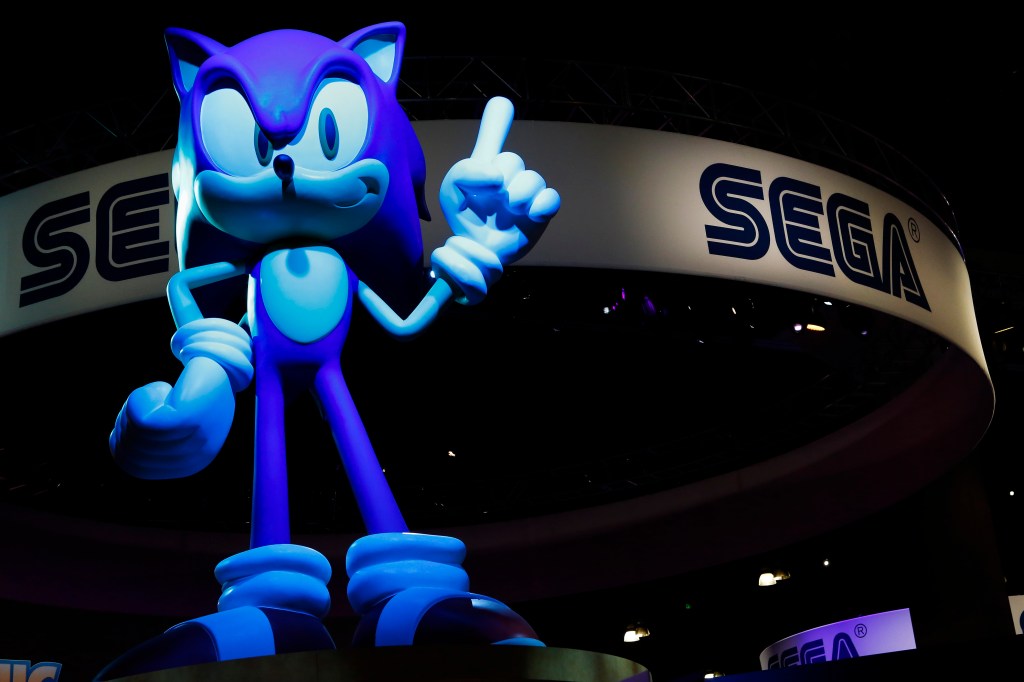The cultural shift within Japanese game developer Konami that led legendary Metal Gear creator Hideo Kojima to leave the company earlier this year seems to be even worse than we initially imagined.
Konami’s decision to split ways with Kojima, cancel his collaboration with film director Guillermo del Toro on horror game Silent Hills, and use game series like Castlevania to promote pachinko machines, already indicated that the company is less concerned than fans about the legacy of these beloved games. Now, a new report in the Japanese newspaper Nikkei (which has been translated by Kotaku) alleges working conditions at the company that indicate it doesn’t care about its employees either.
Videos by VICE
According to the report, employees who were deemed “not useful” (or “useless,” according to several translations) were forced to work at the company’s pachinko machine factory, as security guards at the company’s headquarters, or cleaning staff at one of the gyms the company operates. (Konami makes games, but it’s also in the pachinko slot machine and “fitness club” business.)
According to the report, this treatment extended to high level producers and developers who worked on big games, not just entry-level positions. These allegations are corroborated by a 2013 report in which a Konami developer said he suffered from severe depression after being transferred to the pachinko factory.
The Nikkei report also suggests that Konami keeps a very close eye on employees’ personal time at work. Employees check in and out for lunch with time cards, which is something you might do at a service job, but is highly unusual for game developers. The names of employees who took long lunch breaks were announced to the rest of the company. Konami’s office also allegedly has security cameras to monitor employees. Finally, employees have to use randomized addresses that change regularly to email people outside the company, though it’s not clear if this is meant to prevent headhunting or just make it more difficult to send personal emails on company time.
The report claims this cultural change started in 2010, when Konami’s mobile game Dragon Collection became a big hit. When Konami discovered that it could make a ton of cash with a mobile game that’s far cheaper to develop than big budget console and PC games, it lost its taste for the latter.
Similarly, Konami’s split with Kojima began when he delayed the release of Metal Gear Solid V: The Phantom Pain, which according to the Nikkei has already passed the $80 million mark in development costs.
Delays are common with big games like Metal Gear Solid V: The Phantom Pain, but as we’ve pointed out before, the Japanese audience that cares about games like that is shrinking, and with it so is Konami’s interest in making them. What’s shocking is that, if the report is true, how little Konami cares about the people who make those games.



